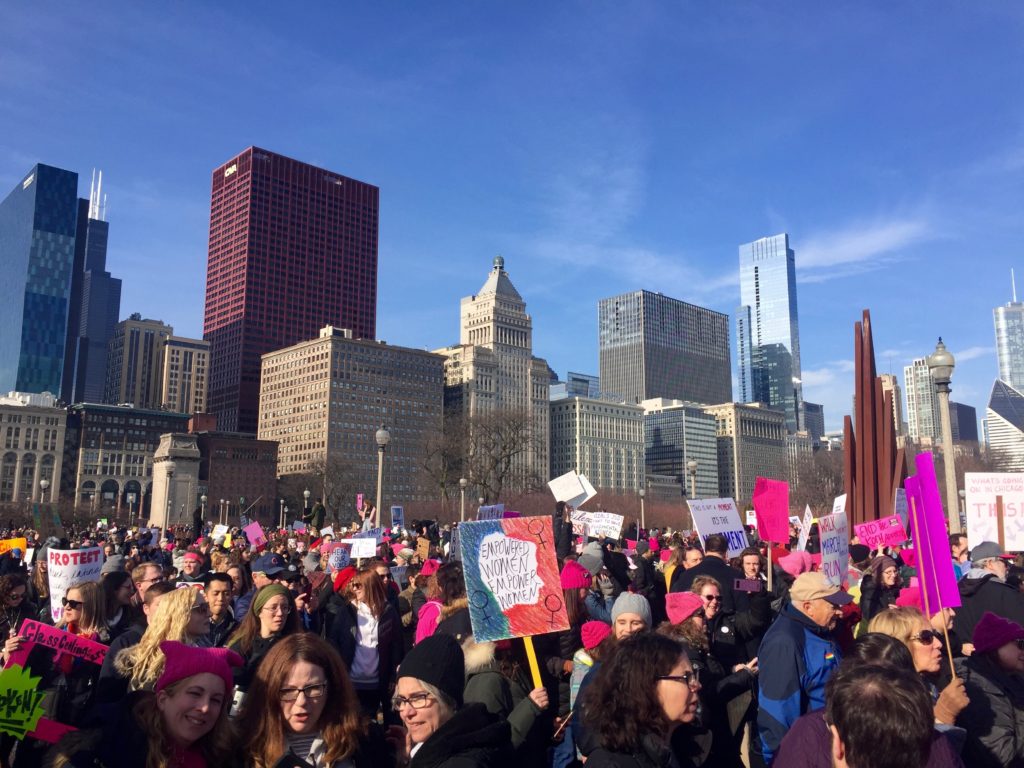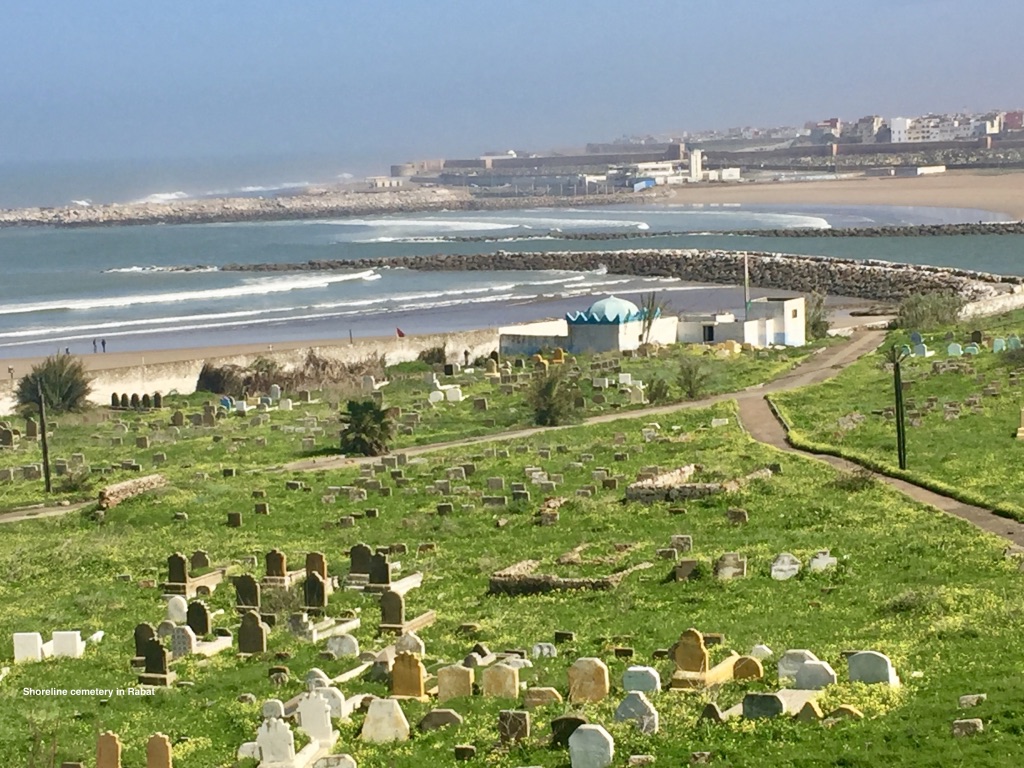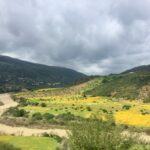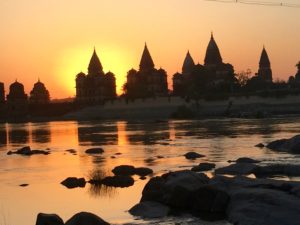 Where have you been? That’s the first thing I want to know when I meet people. What were the moments you most remember while traveling? How did travel change you? However, I live in a part of the world where most social encounters begin with a person’s name, their occupation and place of residence. It’s awkward to fit my travel questions in. People are suspect. Why do I want to know this? These people have retained some semblance of a private life. People are hesitant. They’ve been bored listening to other people tell their travel stories. They don’t want to be boring. People are hurried. They don’t have time for something that requires them to pause and reflect. I understand, but still I want to know.
Where have you been? That’s the first thing I want to know when I meet people. What were the moments you most remember while traveling? How did travel change you? However, I live in a part of the world where most social encounters begin with a person’s name, their occupation and place of residence. It’s awkward to fit my travel questions in. People are suspect. Why do I want to know this? These people have retained some semblance of a private life. People are hesitant. They’ve been bored listening to other people tell their travel stories. They don’t want to be boring. People are hurried. They don’t have time for something that requires them to pause and reflect. I understand, but still I want to know.
I want to know how traveled changed you because I notice the changes in myself. When I walk into a room I feel a bit different from everyone else. It’s not that my physical appearance makes me stand out. I’m not unusually tall or small, beautiful or ugly. I’m socially competent, not an extreme introvert or extravert. What makes me feel different is where I’ve been.
Chances are that no one in the room has sailed on the Ganges River in northern India in a small wooden boat powered only by two young men with bamboo oars. The primitive boat, the water, the temples, the campsite, changed me into someone who knows first hand this part of the world. It woke me up. You don’t have to travel far to experience this feeling. When I walked down a long road seldom used by pedestrians in the town where I live, I learned that walking is very different from driving even when on familiar ground. Afterwards I felt different among my neighbors and towards my town. I am not alone in this feeling of transformation through travel.

My travel experiences have made me more confident about who I really am. There’s some science behind this feeling. I started researching the psychological effects of travel. Here is some of what I learned.
A change of routine is good
New environments and experiences recharge the brain, allowing us to open our minds to new places, people, and ways of doing things. Adapting to differences can broaden one’s personality. You may become more emotionally resilient to everyday changes because your brain has had some practice with adapting.
If your life has become like the movie Groundhog Day, where the same things happen each day, you’re existing on autopilot. People may think this makes life easier, but introducing novelty by traveling sparks creative thinking. It makes each life an original. The rewards from engagement are many. Beware of passivity.
Getting away from everyday life with its on-going commitments reduces stress. The less stressed you feel, the more relaxed and open you are to whatever may come. This effect lasts for days and even weeks after traveling. Once you feel it, you are more likely to keep it in your life.
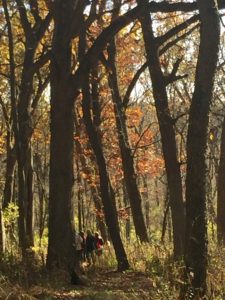
Look ahead
Just anticipating going somewhere enhances mood. Studies at Cornell University and the University of Surrey showed that having a vacation planned made people happy in a way that possessions do not while also increasing optimism about their health and quality of life. Happiness comes easier and lasts longer through experiences rather than purchasing a product.
Come together
Traveling with a significant other can strengthen the relationship. You face the challenges travel may bring together and appreciate the wonder together, creating shared memories and sometimes a common interest. Even when traveling solo, observing others no matter how exotic a place you find yourself in, creates a sense of we are all in this together. A smile, laughter, music, dissent are universal languages. You see yourself through other people’s lenses. Sneakers, blue jeans, fair skin and blues eyes are exotic to people who rarely see western travelers.
What’s past is present
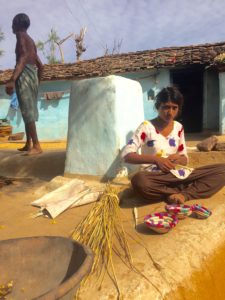
What we remember from a trip can catapult us into feeling more confident in future decisions and endeavors as well as more empathetic. If I did it then, I can do it again. Or, I did that so I can do this. Memories often pop up that connect me from where I’ve been and where I am now. A grateful glance from a Buddhist monk visiting the U.S. shows he appreciates the bow I give in respect to the robe he is wearing. Shambles of bent over trees along a beach remind me of where a tsunami hit a decade ago. Standing in the plaza of buildings built centuries ago I watch the same shadows change. I see the eyes of animals, the wings of birds, the woven basket made by a young village girl. I remember the flirty flicks of wrists by native women in Sri Lanka. They were trying to get the attention of cars passing by in order to sell their handmade baskets, jewelry and ceramic pots. I thought of these women during the Women’s March in Chicago this past weekend. Who in that crowd of 300,000 people knows or cares about these women? I do.
